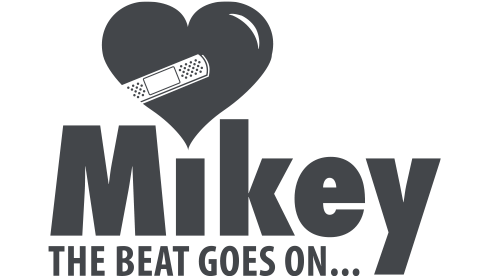This week’s Fitness Post is brought to you by personal trainer Igor Klibanov from Fitness Solutions Plus.
Are you stretching enough? The truth is that what makes sense for one person may not make sense for another. The same is true with stretching.
If you’ve been to my talk called “exercise for different body types”, you’ll know how our trainers assess our clients to determine whether they should stretch or not.
Whether you should stretch before or after exercise and how is only complicated by the fact that there are 4 different types of stretching:
- Static passive. This is the most common form of stretching. Think about putting your leg out and reaching forward. It’s static (meaning that you’re not moving), and it’s passive (meaning that you let an external force, like gravity pull you into position).
- Static active. Think about how figure skaters skate with one leg up in the air (doing a standing split). This is static (means they’re not moving), but active (because they’re using their own muscle force to get into position).
- Dynamic passive. Think about swinging your leg forward and back. It’s dynamic (meaning the limb is moving), but it’s passive, because you’re letting an external force (in this case, momentum) take you through the range of motion.
- Dynamic active. It looks similar to dynamic passive, but it’s done under much more control, in which case you’d be using your own muscle force to move the limb.
I hesitate to make generalizations, since one-size-fits-all isn’t optimal (or can actually injure you), but before exercise, you should do dynamic stretches, and after exercise, static stretches.
There are exceptions to this rule, however. What if you have certain muscles that are tight to begin with? In that case, it makes sense to do static stretching on those muscle both before and after.
Oh, and here’s a side note: just because a muscle feels tight doesn’t mean it is tight, and stretching that muscle will do more damage than good. We look at your range of motion to truly identify if a muscle is tight or not. Often muscles can feel tight because neighboring muscles in the body are weak, so they’re taking the load of the weak muscles.
When we’re working with clients, to determine whether they should stretch, what type of stretching, and how much, here are all the factors that go into our consideration:
- Present range of motion of different joints (tighter people will need more stretching. For people who have lax joints, stretching will actually increase their risk of injury).
- Demands of daily life. Are we working with a desk-bound employee or a gymnast? The desk-bound employee will require less range of motion than the gymnast.
- Previous and current injuries.
- Goals. If your goals include improved flexibility, we’ll be stretching you more than if your goals include weight loss.
As you can see, it’s not quite as simple as saying “do these stretches”, and you’ll be healthier for it. Not the case. For some people (we see this especially in women), stretching may create more laxity in already lax joints, and increase risk of injury.













